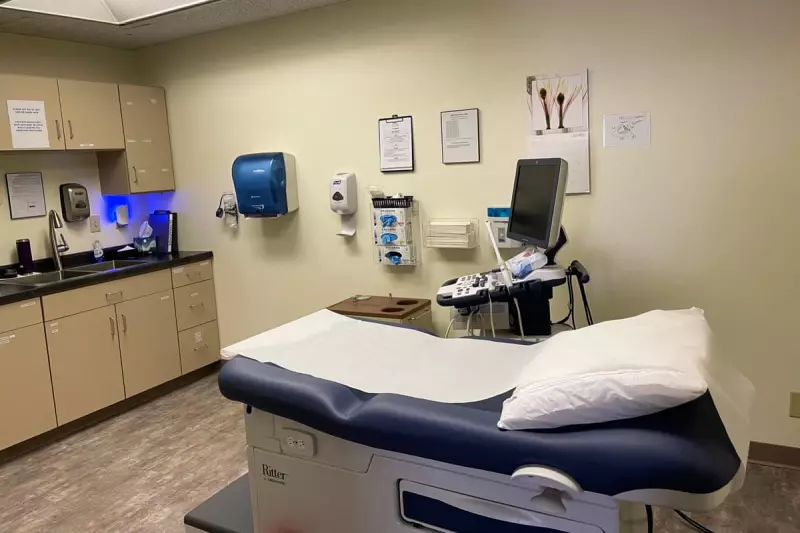
In a significant legal ruling with profound implications for reproductive rights, the North Dakota Supreme Court has reinstated the state's near-total abortion ban. The decision, handed down on Friday, once again makes it a felony for doctors to perform the procedure, with exceptions only for strict medical emergencies or some cases of rape or incest.
A Legal Reversal and Its Immediate Impact
This latest ruling by the state's highest court reverses a lower-court decision from last autumn that had temporarily blocked the ban. The lower court had argued, in part, that the law's exceptions were unconstitutionally vague. While three of the five Supreme Court justices agreed with this assessment, they fell short of the supermajority required under North Dakota law to officially declare a law unconstitutional.
The legal challenge was brought forward by plaintiffs, including several doctors and the Red River Women's Clinic. This clinic, originally based in Fargo, North Dakota, was forced to relocate across the river to Moorhead, Minnesota, following the US Supreme Court's overturning of Roe v Wade in 2022. A photograph from 13 April 2023 shows the clinic's new location, a physical testament to the shifting landscape of abortion access in America.
Confusion and Consequences for Doctors and Patients
Under the revived ban, abortion is permitted only if the pregnancy poses a serious physical health threat under reasonable medical judgment. Abortion rights advocates and medical professionals have consistently argued that this standard is dangerously ambiguous, leaving doctors in an impossible position. They must weigh providing necessary care against the risk of severe penalties, including up to five years in prison, a $10,000 fine, or both.
Justice Daniel Crothers, in a majority opinion that ultimately supported overturning the ban but lacked the necessary votes, highlighted this critical flaw. He wrote, "Just as a vague protest regulation could chill or deter constitutionally protected speech, a vague abortion regulation has the potential to restrict the provision of constitutionally protected medical care."
Furthermore, the exception for cases of rape or incest is severely limited, applying only if the pregnancy is less than six weeks along—a point at which many women are unaware they are pregnant. This has created a healthcare crisis, with doctors across the US struggling to interpret similar bans and numerous women reporting they were denied medically necessary abortions.
A 'Devastating Loss' and a Wider Trend
Legal representatives for the plaintiffs have condemned the ruling. Meetra Mehdizadeh, a senior attorney at the Center for Reproductive Rights, stated, "This decision is a devastating loss for pregnant North Dakotans... The ban forces doctors to choose between providing care and going to prison."
With the reinstatement of this ban, North Dakota becomes the 13th state to prohibit all or most abortions, signalling a continued trend of restricting access to the procedure across large parts of the country. The legal and personal battles over reproductive healthcare are far from over, as patients and providers navigate this new, more restrictive reality.





